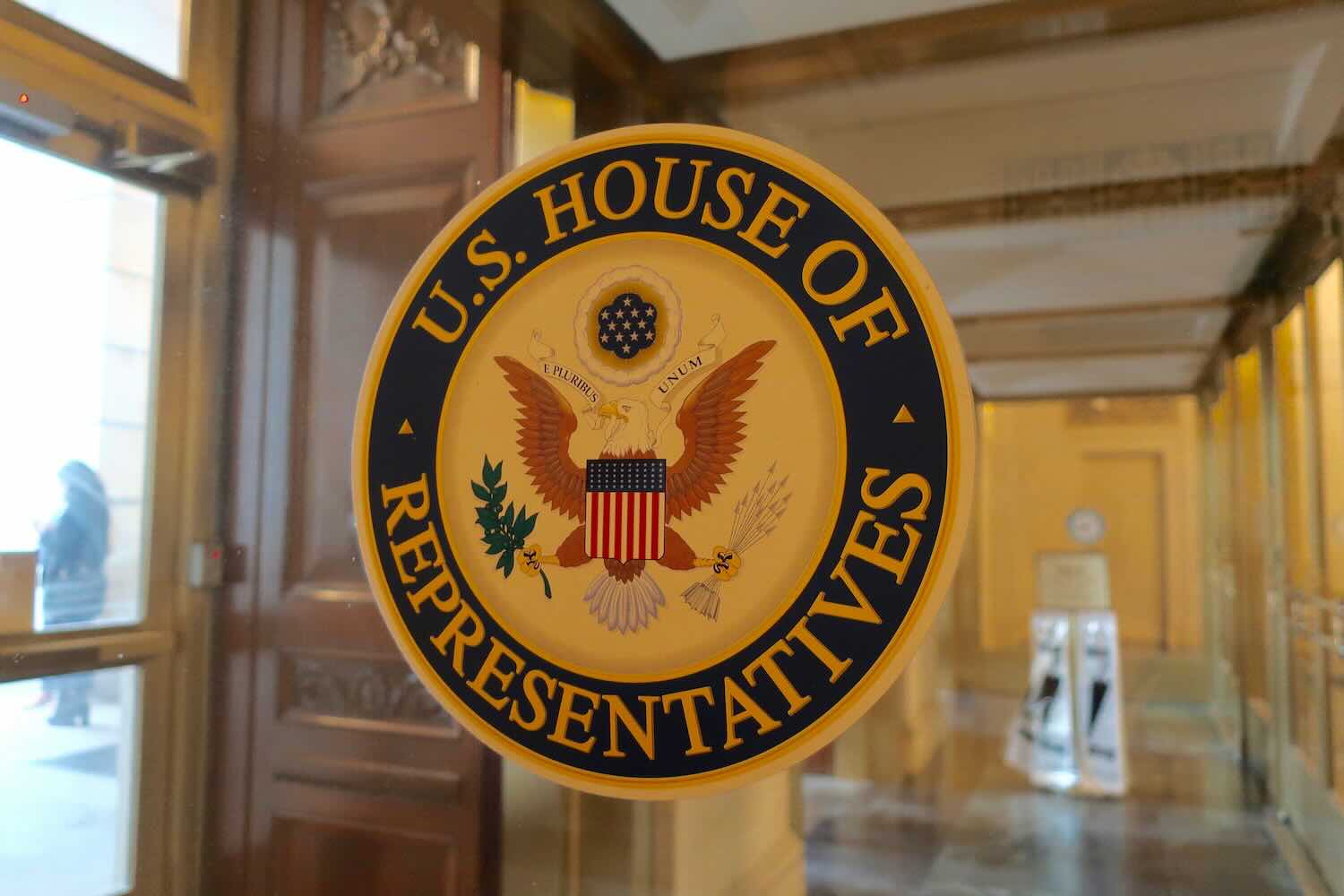ImpactAlpha, Feb. 21 – Unemployment is at record lows. Manufacturing and union jobs are making a comeback. Workers are holding their employers to higher standards.
If worker empowerment is having a moment, policy proposals under consideration by U.S. regulators could give it legs.
Policy proposals on the docket this year could usher in the biggest changes in the way corporations account for their workforces in decades. The shift could finally force companies to account for their workers as assets, not liabilities, spurring them to invest in their success instead of cutting them as costs.
Human capital and intangible assets have grown to represent almost 90% of corporate value, up from just 17% in 1975, according to the Workforce on Human Capital, a group of academics and industry practitioners. Yet the only worker-related data corporations are required to disclose is headcount.
“It’s time to have a statement that at least gives investors information about what is the most valuable asset not on the balance sheet of most corporations, and that is their workforce,” said Rep. Brad Sherman at a House financial services committee hearing on workforce disclosure in December.
Flying blind
Investors have been pressing for more detailed and standardized disclosure of human capital to better assess corporations’ investments in one of their most valuable assets. The European Union has required human resource reporting since the 1980s. A 2020 rule finalized under the Trump administration required some human capital disclosures, but only where a company deemed them material. It also did not define “human capital,” leading to confusion.
The SEC’s proposed human capital management disclosure rule is expected to mandate more detailed disclosures on key elements of human capital, including a company’s use of part-time and contract workers, turnover rates, total workforce cost, and diversity, equity and inclusion metrics. The disclosures would be made in companies’ standard 10-K reports.
“Without this information, investors are flying blind,” said Cambria Allen-Ratzlaff of JUST Capital. They are “unable to understand how well a company manages its workforce, and how it impacts a company’s overall business risks and prospects to most efficiently direct their financial capital to its highest-value use.”
The SEC’s human capital rule, with the possible exception of the diversity, equity and inclusion provisions, is expected to have broader political support than the SEC’s climate rules. Corporations and Republicans have pushed back on the SEC’s proposed climate disclosure rule, in particular a provision that would require companies to report their “scope 3” emissions – the indirect emissions generated by their supply chains and end users.
The rulemaking may get a further push from accounting standards bodies that are mulling overhauls to decades-old accounting practices that count workers as profit-draining liabilities, rather than assets critical to their success.
Agents of Impact eye corporate disclosure rules on climate and human capital
The Financial Accounting Standards Board has embarked upon a “disaggregation” project to unpack big-bucket line items in income statements, such as Selling, General and Administrative expenses – SG&A in beancounter speak – into consistent more refined categories including employee compensation.
An early draft could come by July.
“There is a recognition that what we’re reflecting in financial statements is not really the reality for a lot of the companies,” said Allen-Ratzlaff. “It’s very difficult for investors to make decisions when you have bad or incomplete information.”
Allen-Ratzlaff, who worked in corporate governance for the UAW Retiree Medical Benefits Trust and the Connecticut State Treasurer before joining JUST Capital last May, also co-chairs the Human Capital Management Coalition, a group of 37 large investors representing over $8 trillion in assets that have lobbied for modernizing reporting standards.
JUST Capital regularly surveys the American public to assess their priorities. What they prize is “workers, wages and jobs,” says Allen-Ratzlaff. “This holds across every single demographic group.”
Some impact investors have proposed that corporations report broadly on human capital impacts across their supply chains and communities – a sort of “Scope 3” for social.
Financial officers from New York, Connecticut and Rhode Island are among those urging the SEC to include disability data in any human capital reporting requirements. “Disability inclusion can create a significant opportunity for companies to improve their performance, enhance diversity, and develop a sustainable corporate culture,” they wrote in a comment letter to the SEC.
The Service Employees International Union called out the need for commercial real estate firms to disclose their contract workforce and related policies. Real estate firms regularly outsource their cleaning, security, landscaping, window washing and facility management services, often based on the lowest price. That creates “a race to the bottom,” the SEIU wrote.
“There is a growing concern that the company’s contracting partners may not always be aligned with the company’s stated goals and objectives, specifically on human capital issues. This misalignment may increase financial, operational or reputational risk.”












